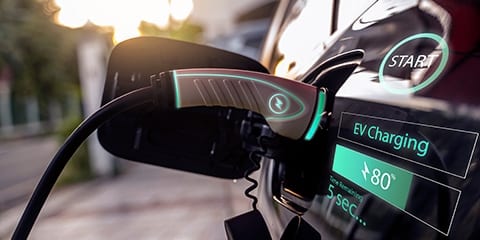Regularly charging an electric vehicle (EV) to 100% is can reduce the battery’s lifespan and affect its overall performance. While it’s tempting to fully charge the battery, especially before long trips, experts suggest avoiding this practice for everyday use, if it is practical to do, as it will help to preserve the efficiency of the EV’s battery. Lithium-ion batteries, common in EV’s, operate most efficiently when charged between 20% and 80%. Sticking to this range not only extends battery life but also preserves the vehicle’s driving range.
Charging beyond 80% can also limit the effectiveness of regenerative braking, which converts braking energy into electricity, thus effectively reducing the car’s ability to recharge the battery on the go. But, as most EV drivers will know, regenerative braking is more effective in some vehicles than others. Additionally, rapid charging or fully discharging the battery can reduce its performance, shortening its lifespan, so if you are topping up at a DC charging point on the go, it is always advised to stick between the optimum range if it is an option to do so.
Charging to 80% saves time at public charging stations, as charging slows significantly after this point to help preserve the health of the battery. A home wall charger is also recommended for better battery health, as frequent rapid charging (DC charging) will depreciate the battery significantly faster compared to a home wall charger or any AC charging point. Obviously, this is dependent on having the type of property where a wall charger can be installed and affordability of the installation cost. Click here for more information about the difference between AC and DC charging.
In conclusion, while fully charging is sometimes necessary for longer trips or convenience, maintaining the charge between 20% and 80% helps to optimise battery life and performance, ensuring a longer-lasting and more efficient EV experience.



